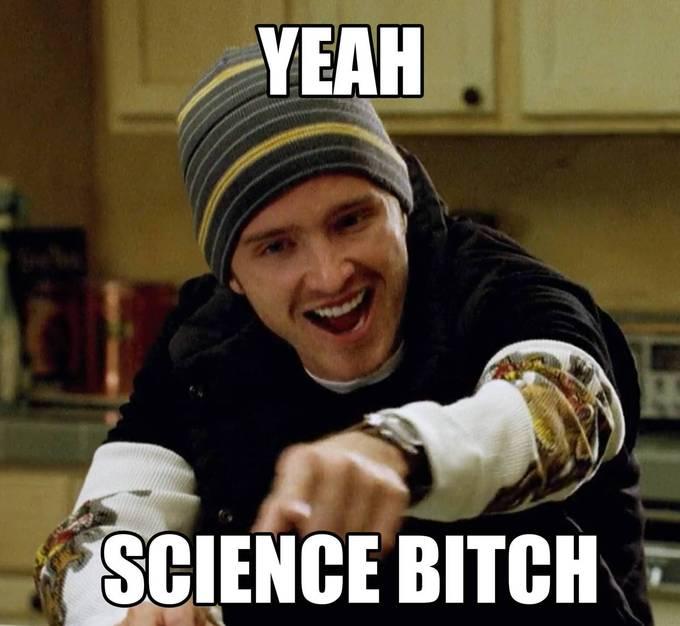^^^^^ It's not just a water chemistry problem. It is a salt problem. The salt is what is corrosive. You cannot control water chemistry when there is no water. When water splashes out of the pool and evaporates it leaves behind the salt. That salt eats everything. Salt systems also make it incredibly difficult for a non-professional to maintain water balance. It is simply part of how the salt systems produce chlorine. By the way, because of how a salt cell generates chlorine you typically have to run four to five times higher chlorine levels with a salt system to be able to have an effective sanitizer level versus what you have to keep it at if you're simply using chlorine tablets. Chlorine is very pH dependent on it's killing power. Salt systems make the pH climb out of sight in a day or two and chloramines can be in pools no matter where you get the chlorine from. It is also completely impossible to seal Natural Stone. Even the sealers themselves contain salt which is used to draw the sealer down into the pores of the Stone. Your best bet is to simply not have a salt system on the pool. Why add something that can potentially cause tens of thousands of dollars in damage? If your friend thinks that bonding helps preserve the equipment or the stonework he is out of his mind. I have used zinc sacrificial anodes before on pools that have salt systems to help prevent any problems. I also can't tell you how many pools with salt systems I've shown up to do work on and when I opened up the filter I found that the metal rods holding the filter grids together had been completely dissolved. Those rods are made out of stainless steel. In general the only people who like salt systems are the people that are trying to sell you one or sell you the repairs to the damaged the systems cause. I install them when customers insist on it but I usually do my best to talk them out of it.
I am very familiar with all of the automation products on the market and install a few per month. They are not worthwhile unless you have something to automate. If you just have a pool with nothing else having an automation system is useless. Why would you want to turn on your filter pump at your house when you're in London? FYI, that Hayward system you sent a link to is a piece of junk. Hayward has tried many times over the years to make a good controller and they fall flat on their faces every time. I typically install a Jandy iaqualink. I actually installed one this morning and I have another one scheduled towards the end of this month.
Dual speed pumps and variable speed pumps are not the same thing and I'm acutely aware of the changes coming to the industry. On pools with a DE filter my plan is to buy and install a two speed pump and never run it on the low speed. Your best bet to save energy is not going with a variable speed pump, it is going with a pump that has an efficient motor and that is properly sized. If you just do that you've accomplished about 80% of the savings potential. As I stated previously, most pools have way too large of a pump on them. The people that dream up the new regulations for pools don't work in the pool industry and they're the same idiots that made Jerry cans illegal because they thought they knew better.
I am very familiar with all of the automation products on the market and install a few per month. They are not worthwhile unless you have something to automate. If you just have a pool with nothing else having an automation system is useless. Why would you want to turn on your filter pump at your house when you're in London? FYI, that Hayward system you sent a link to is a piece of junk. Hayward has tried many times over the years to make a good controller and they fall flat on their faces every time. I typically install a Jandy iaqualink. I actually installed one this morning and I have another one scheduled towards the end of this month.
Dual speed pumps and variable speed pumps are not the same thing and I'm acutely aware of the changes coming to the industry. On pools with a DE filter my plan is to buy and install a two speed pump and never run it on the low speed. Your best bet to save energy is not going with a variable speed pump, it is going with a pump that has an efficient motor and that is properly sized. If you just do that you've accomplished about 80% of the savings potential. As I stated previously, most pools have way too large of a pump on them. The people that dream up the new regulations for pools don't work in the pool industry and they're the same idiots that made Jerry cans illegal because they thought they knew better.



Comment